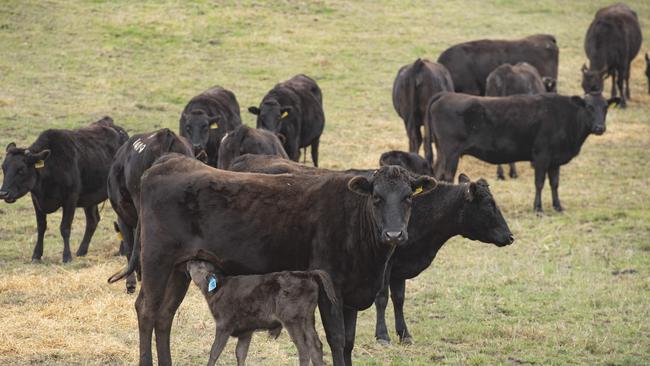Why the latest study for Wagyu-cross meat tenders questions
A report evaluating the “Wagyu effect” on beef eating quality has uncovered some interesting findings. See the results.
Infusion of Wagyu could offer little to eating quality other than tenderness, a study has found.
And taste tests showed that while grilled samples of Wagyu-Angus were more tender than pure Angus, there was no discernible influence on juiciness, flavour, overall liking or the score for eating quality.
The study showed that simply using a Wagyu bull over Angus cows did not automatically improve eating quality.
The study was conducted by researchers for Meat and Livestock Australia with the project designed to evaluate the potential effect of Wagyu breed content on eating quality,
Any tangible differences could then be used to modify Meat Standards Australia grading systems to take these into account.
“The objectives of the project were to determine if there is a ‘Wagyu effect’ on eating quality that is over and above the current MSA model prediction,” the report said.
In one part of the trial, half the animals were non-Wagyu and half were Wagyu-cross. While grilled samples of meat from this group showed Wagyu-Angus F1 samples were more tender than pure Angus, there was no difference for other factors like juiciness, flavour and eating quality.
Other parts of the trial including crossbreeding with Bos indicus cattle, and also varying feeding lengths.

Eating tests with consumers in Australia and the United Arab Emirates involved a number of cuts (striploin, rump and chuck) as well as different cooking methods (grill, shabu shabu – thinly sliced meat cooked in a Japanese style hot pot – and yakiniku – bite-sized pieces of meat grilled on an iron plate or grill net).
“Results demonstrated that at times and for some cuts, Wagyu and Wagyu-cross cattle have superior eating quality outcomes to comparison cattle, however, this effect is not consistent,” the report said.
“The effect varied across different cuts and variability occurred across the range of cooking methods.
“They also showed the existing cut and carcass characteristics measured by MSA grading including marbling and ossification accounted for the majority of variation in eating quality.”
“Results concluded there was insufficient evidence of a consistent additional Wagyu effect, and therefore, no adjustments to the MSA model were required.”
On the Australian Wagyu Association website, Wagyu beef is promoted as having “superior eating quality to most beef breeds”.
AWA chief executive Dr Matt McDonagh said the authors of the study “note that they don’t have enough information on the effects of Wagyu as a breed to make accurate changes to the MSA model and I agree 100 per cent with that point”.
“We are not placing too much weight on the findings of the study,” Dr McDonagh said.
“If the purpose of the work was to compare Wagyu content cattle with cattle of other breeds with regard to eating quality, then none of the studies accurately address the question.”
Dr McDonagh said the problem with comparing Wagyu to other breeds was “they don’t really compare”.
“There is so much marbling in Wagyu (full bloods average marble score 8 on the AUSMEAT scale), you need to select the very bottom end of Wagyu to get a comparative sample with other breeds, so inherently, that sample doesn’t broadly represent Wagyu.”




